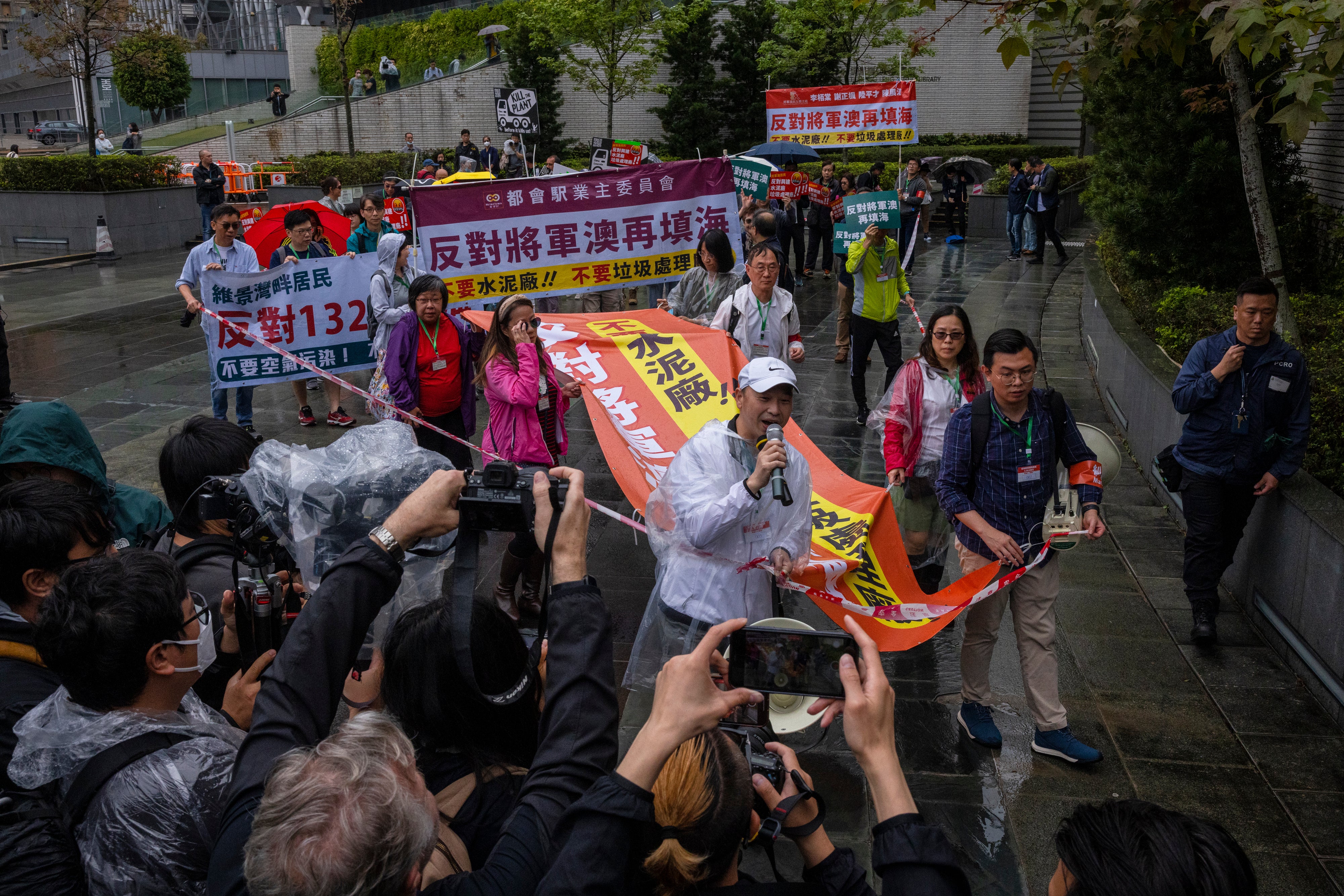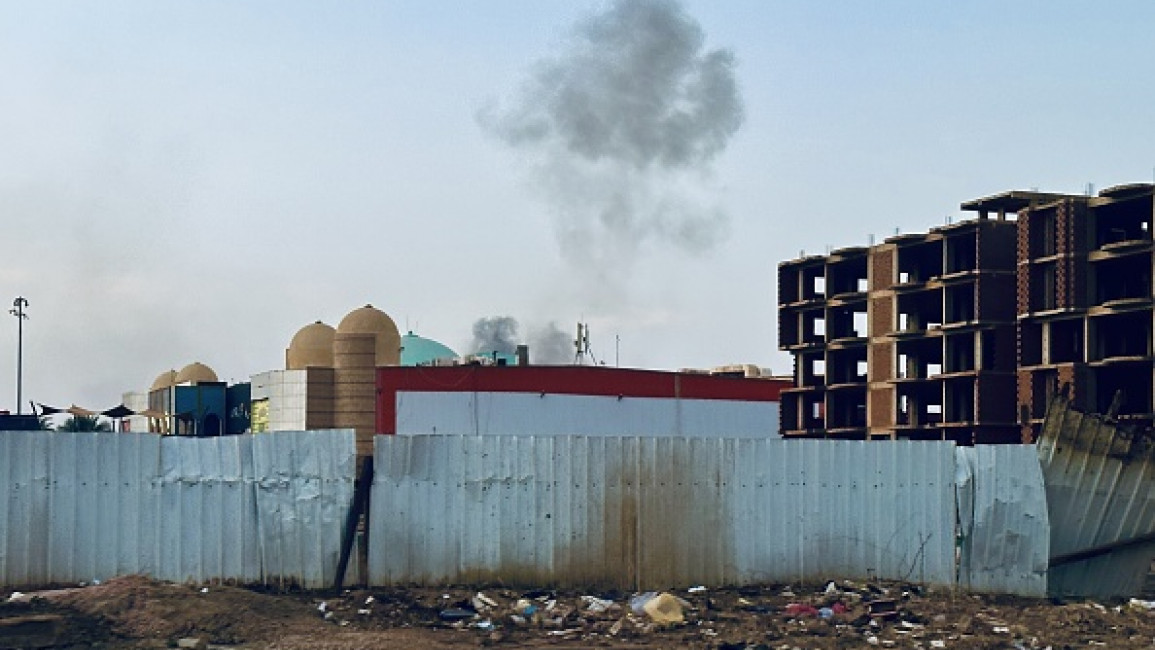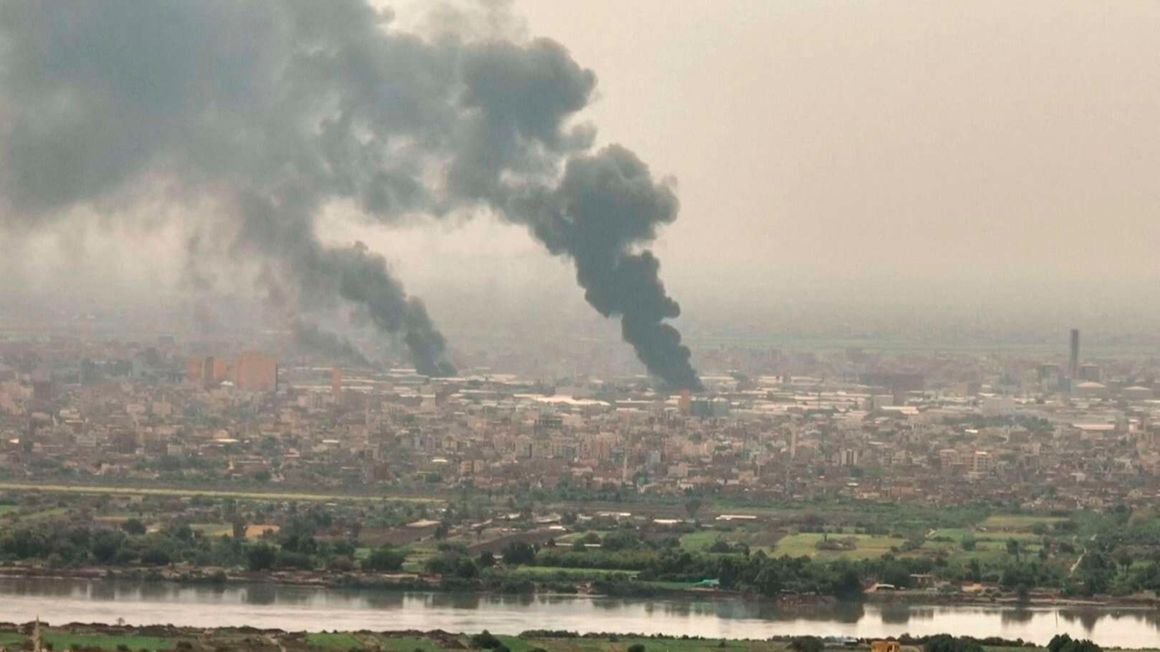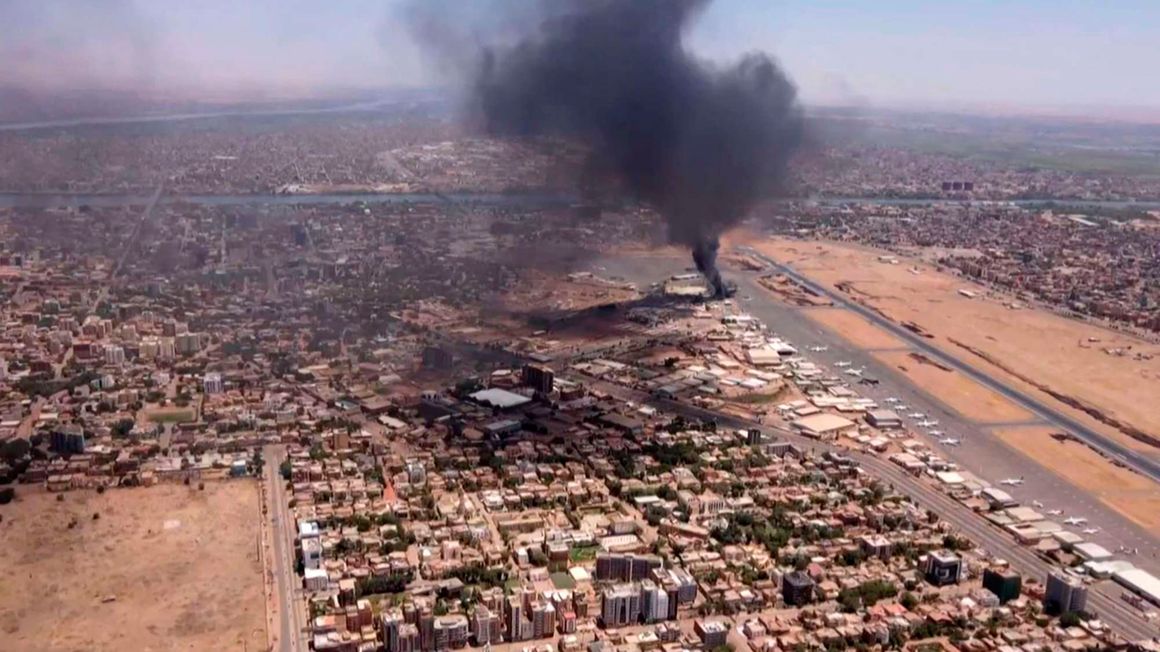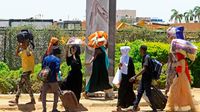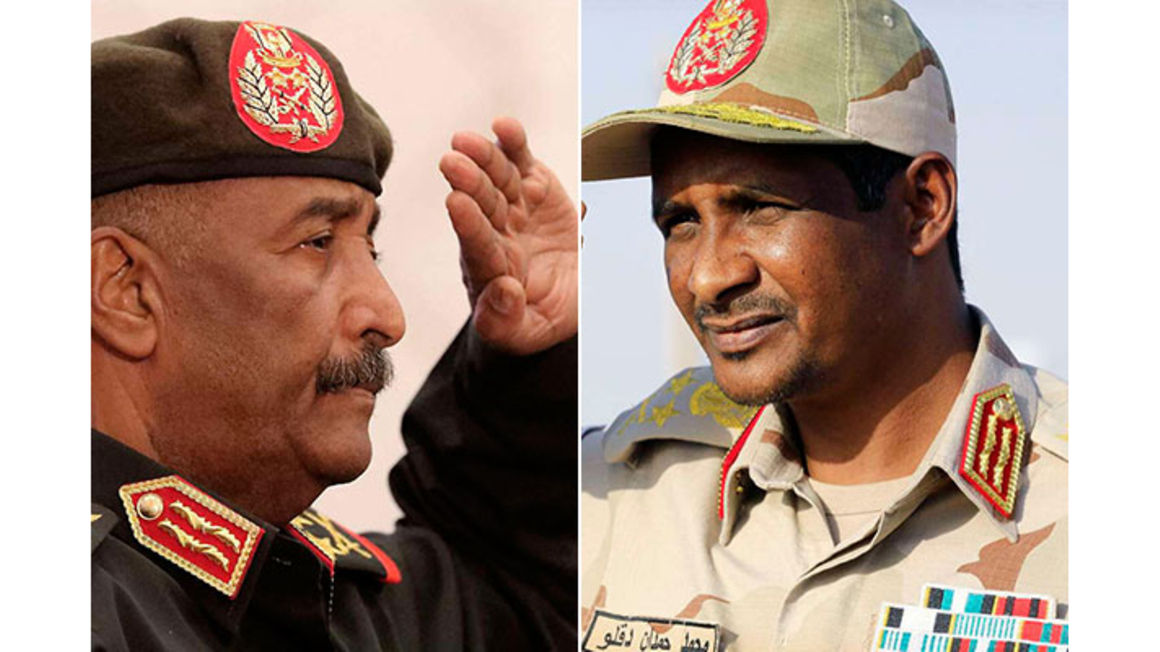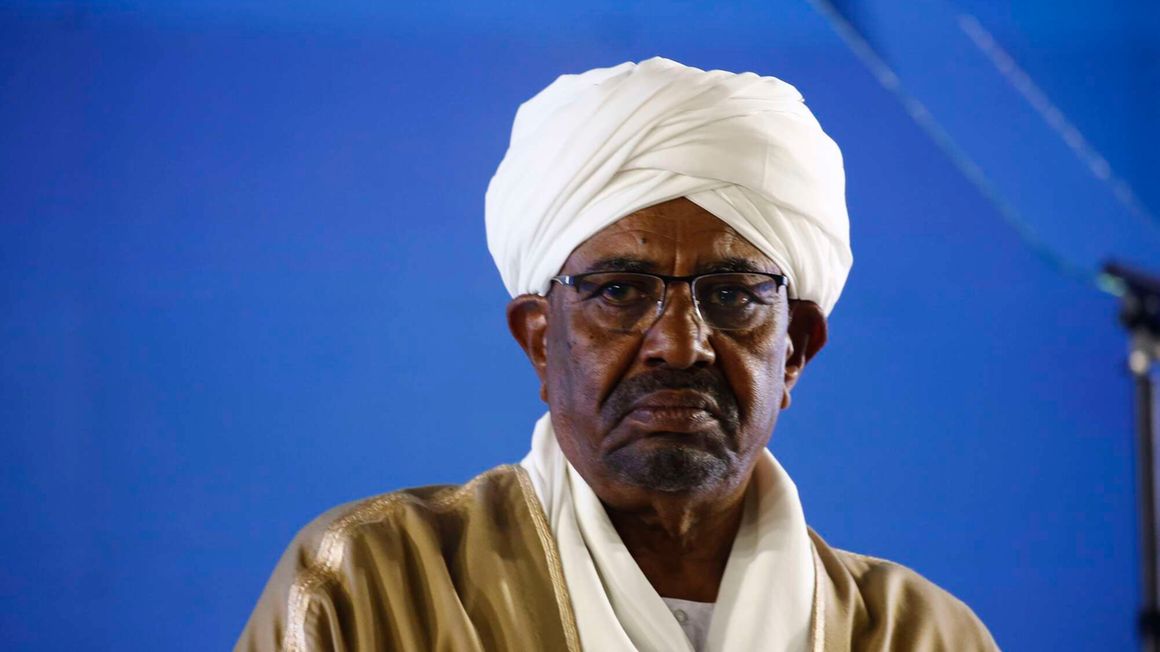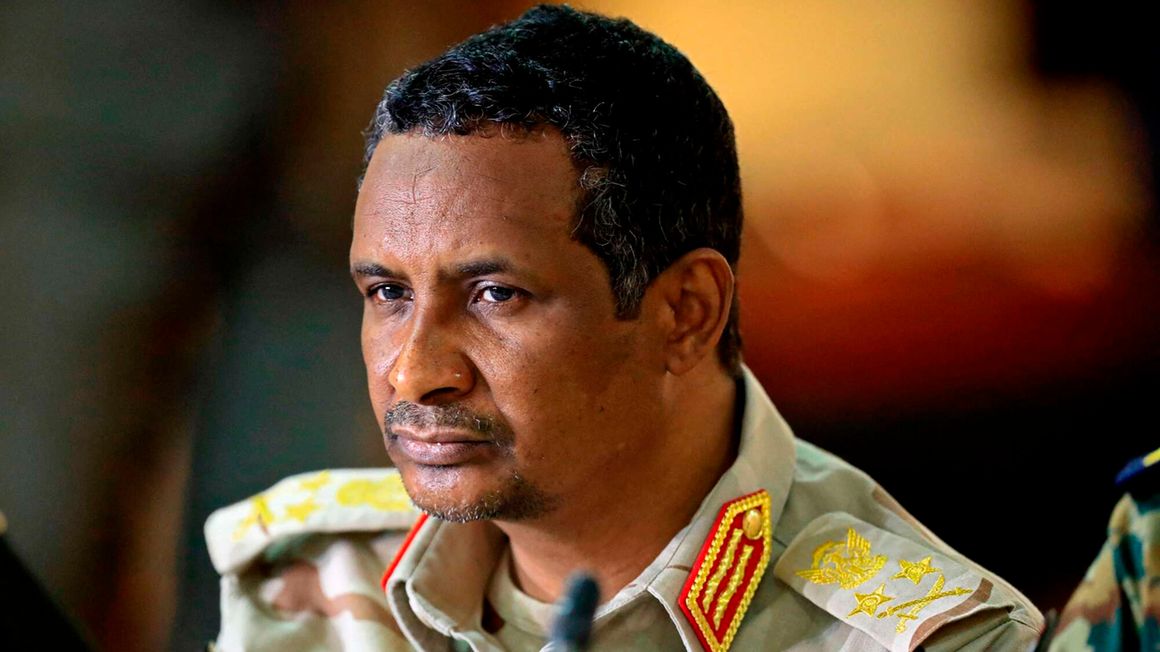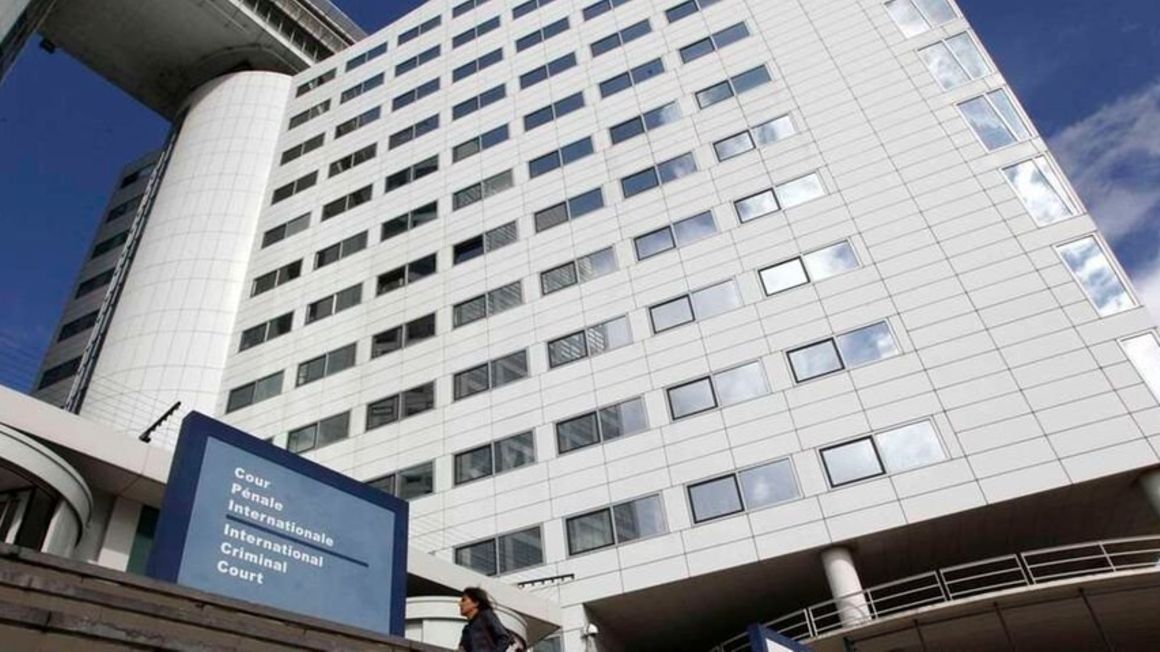BY JOHN FENG ON 4/30/23
Familiar alarm bells sounded in Japan this month as year-end population figures and new projections combined to paint an uncertain future for Asia's No. 2 economy.
Japan's total population stood at 124.94 million for the year to October, a decease of over half a million people from 2021 in a 12th consecutive annual decline, according to a report this month by its Statistics Bureau. The working population, aged 15 to 64, fell to 74.2 million, and those above 65 reached 36.23 million—both respective records.
The worrying data—already watched for years—emerged at the tail end of the Japanese economic miracle, which abruptly ended in the early 1990s. Low birth rates and high life expectancy together pose an unprecedented demographic challenge to Tokyo's policymakers, whose solutions also are being scrutinized in neighboring capitals.
The speed of Japan's depopulation affected all prefectures last year apart from Tokyo and has outpaced official projections. In 2022, the number of newborns dipped below 800,000 for the first time since surveys began in 1899. The government previously had expected fewer than 815,000 births in 2027.
If present trends holds, annual births could fall below half a million in 2059, the health ministry-affiliated National Institute of Population and Social Security Research, or IPSS, said on Wednesday in its twice-a-decade estimate.
Japan's fertility rate of about 1.3 was among the lowest in the club of largely wealthy nations that make up the Organization for Economic Cooperation and Development. Only Italy's 1.24 and South Korea's 0.78 were lower. All fell well below the OECD standard of 2.1 to maintain a stable population.
On the other end of the spectrum, Japan's "super-aged" society—defined as when at least 20 percent of the population is above 65—was adding to an already significant social security burden for the country's working-age citizens, who accounted for a record-low 59.4 percent of the population last year.
The aged population hit a record-high 29 percent and could reach 38.7 percent in the next half a century, the IPSS said. According to its forecast, life expectancy in Japan could climb to 91.94 years for women and 85.89 years for men over the same period.
Japan's population, which peaked in 2008 at 128 million, could fall to 87 million by 2070, said the report. It revised its 2017 estimate for when the population would dip below 100 million, from 2053 to 2056, to account for an expected increase in the share of foreign nationals in the country, up from 2.2 percent in 2021 to 10.8 percent in 50 years' time.
Time, Not Money
The attitudes of Japan's youths have become important indictors of demographic issues that have since sprung up in other advanced economies in the region. Rolling public opinion polls find more respondents delaying marriage or children—sometimes indefinitely—because of a job market in flux and the high cost of living.
Japanese women, especially those who go on to receive higher education, face incompatible corporate cultures and family customs that are still bound by traditional gender roles. These tensions are among the reasons why some would-be parents are reluctant to raise children in the current environment, despite a desire to do so.
For the first time in Japan's postwar history, a majority of women aged 18 to 34 said they hoped to marry but planned to have fewer than two children, according to the results of a 2021 IPSS survey released last fall. In the same age bracket, a record number of men and women—17.3 and 14.6 percent, respectively—said they didn't intend to marry at all.
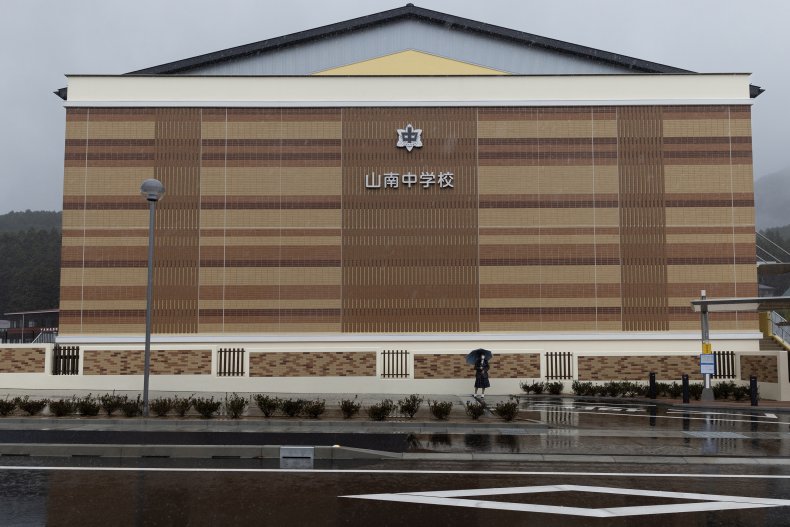
Masanobu Ogura, Japan's children's minister, cited the data in late March when he unveiled proposals that represented "a last chance" to reverse the decades-long downtrend. The plans, to be overseen by a new Children and Families Agency launched on April 1, were an expansion of past policies that largely had failed to move the needle in meaningful ways.
To further reduce the financial burden of child-rearing, the government will offer subsidies to cover childbirth and schooling, with families expected to receive tens of thousands of dollars throughout a newborn's early childhood and adolescence. For parents, the introduction of flexible work arrangements will, on paper, encourage more co-parenting.
"While diverse views about marriage, childbirth and child-rearing should be respected, we want to make a society where young generations can marry, have and raise children as they wish," said Ogura, whose long-ruling conservative party backs traditional family values.
"The basic direction of our measures to tackle low births is to reverse the trend of declining births by supporting individuals' pursuit of happiness," he said.
The government's new measures may by a stopgap for some families, but they leave Japan's rigid gender norms unaddressed. It's also unclear whether they can effectively offer the working mother more of her most valuable resource: time, ordinarily spent on children but parents and in-laws, too. At nearly a third of the population, senior citizens are a force to be reckoned with in Japan's democratic system.
"Japan is about 10 or 20 years ahead of other countries that are going through this as well, and they're setting the groundwork of what to do and what not to do," said Erin Murphy, a senior fellow at the Center for Strategic and International Studies and deputy director of its Economics Program.
"Japanese women are in the same boat as South Korean women, who have been a lot more vocal around issues like child care and parental leave. Another is fertility treatment for women who want to have children later in life while advancing their careers—it's very expensive and not as accepted. Government responses to these big issues have been lackluster," Murphy told Newsweek.
"Women aren't really welcome back into the workforce after they have kids; there's a high expectation that they should stay home. There's also a higher burden on women to take care of the children and the house on top of a full-time job, if they're able to keep it. And there are too few women in the halls of power to make policy," she said.

Conservative policymakers and a cautious public mean Japan is much more likely to look for internal, rather than external, solutions to the demographic crunch, despite projections pointing to the inevitability of more immigration.
"Some say it's not a problem to have a low fertility rate. That's OK if people positively choose this option. But the point is the majority of relatively young people would like to get married, form a new family and have kids, but they have to compromise," said Sawako Shirahase, a sociology professor at the University of Tokyo, who researches gender and generational issues.
"Japan has a peculiar history related to immigration policy. In the 1960s and 1970s, Japan succeeded with economic growth without new immigrants and became the first Asian country to achieve industrialization with a very conservative division of labor. But it wasn't sustainable because it couldn't reconcile different roles within the same people at the same time," she told Newsweek.
"This model is quite efficient in a very short period of time, but it doesn't last that long. Women get higher education and have more choices, but in reality their options are limited when they have to choose between work and family," Shirahase said.
Japan Tomorrow
Structural population problems are a challenge for any one leader to resolve, but the future fallout will be borne by all.
It wasn't so long ago that the perceived threat of Japan's industrial boom permeated through popular culture in the United States, before its post-Cold War drop-off crowded out anti-Japanese sentiment. Today's bleak demographic outlook is certain to threaten Japan's status as the world's third-largest economy.
A risk assessment in March by the Recruit Works Institute predicted the country's labor shortfall would exceed 11 million workers by 2040. By the end of this decade, however, Japan first would face a logistics crisis that could leave over a third of freight undelivered due to new overtime regulations beginning next year, according to a January study by the Nomura Research Institute.
"The economic impact could be quite severe. The primary concern is a shrinking tax base that otherwise contributes to the running of government services. It raises questions about the kinds of decisions that need to be made on administrative costs," Murphy said.
"Japan provides an interesting example of a country that is pretty anti-immigration, and they seem unlikely to embrace that opportunity. So how do you allocate resources? How do you keep businesses going when there's no customer base? How do you create the tax base to support public transportation and fund national health care? How do you take care of the elderly?" she said.
Prime Minister Fumio Kishida declared in January that the creation of a "children first" society could no longer be postponed. "Japan is on the verge of whether we can continue to function as a society," he said.
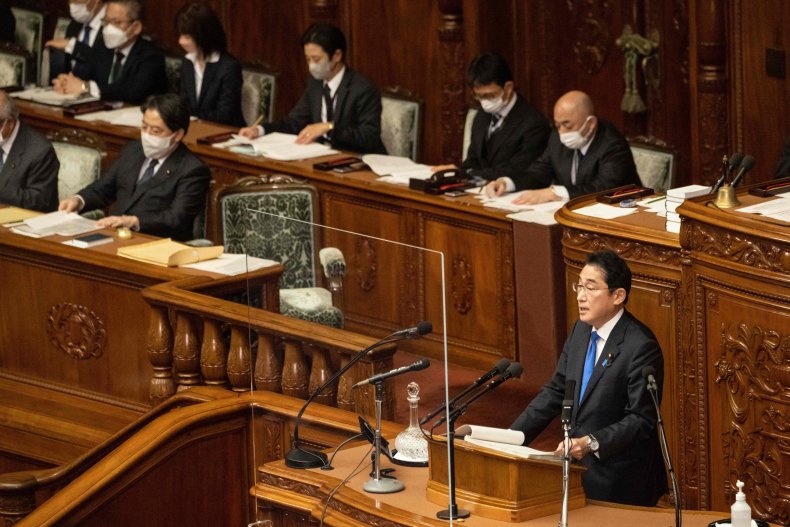
The U.S., which counts Japan as one of its most important treaty allies, also has a stake in whether Japan's leaders get it right. The trajectory of Japanese manpower will have national security implications for both capitals as they come together to face an increasingly assertive China, for which Tokyo has already committed to an arms buildup set to last for decades.
"Japan is going to have to figure out what its military industry looks like. Is it based on human capital or technology? This is a question faced by other U.S. allies, too, and it's also a discussion about what the future of warfare looks like," added Murphy.
The shrinking population is being built into Japan's defense planning. In a white paper last year, its Defense Ministry called it an "imminent challenge" to the sustainability and resilience of Japan's Self-Defense Forces, which would have to offset the dwindling numbers by acquiring more autonomous and unmanned systems while decommissioning hardware with "low cost effectiveness."
In an initiative to have a military that "adapts to the times and environment," the ministry said it would tap Japan's largest yet underutilized human resource: women. Female service members accounted for 8.3 percent of personnel in March 2022, the document said. Its goal since 2021 has been to ensure 35 percent of recruits are women.
The Japanese government remains primarily accountable for the demographic trend, Shirahase said. Finding the right answer will require strong leadership and a willingness to expend political capital in engaging all relevant stakeholders.
"This is a central issue of society. We have to add one more common value to make change happen. All of us have to be involved in nurturing future generations. We have to convince the older generation or the working generation that intergenerational mutual help is crucial to our survival. This is a very important intellectual argument, and education is the final tool."







